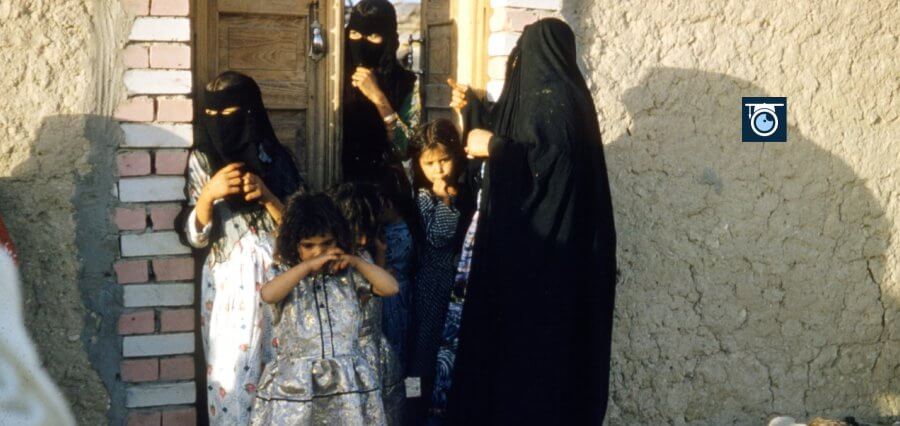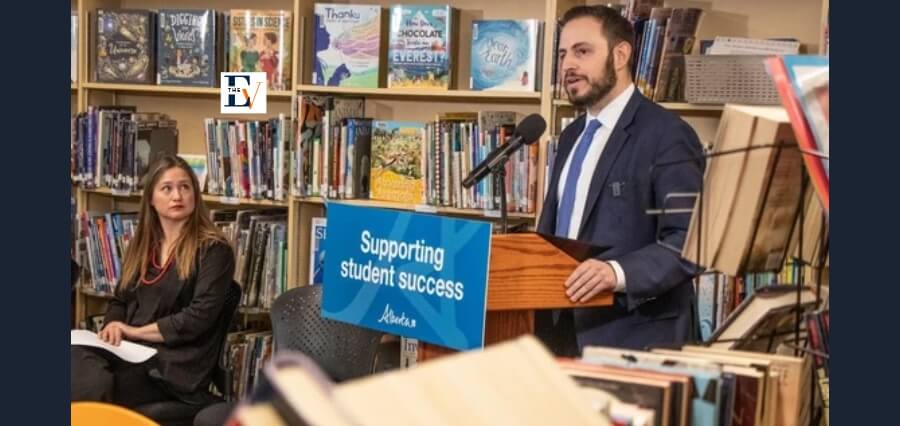The Taliban-led government’s ban on women aid workers has caused some “time-critical” programs in Afghanistan to temporarily cease operations, according to the UN, which also warned that many other initiatives will likely need to be put on hold.
In a joint statement released on Wednesday, the heads of several aid organizations, the UN’s top humanitarian official, Martin Griffiths, and others urged authorities to overturn the decision, saying that women’s “participation in aid delivery is not negotiable and must continue.”
The action was taken after the foreign ministers of 12 nations and the EU, including those of the United States and the United Kingdom, urged Afghanistan’s Taliban-led government to revoke its ban on female aid workers.
Afghan’s Action
Ministers from the US, France, Germany, the UK, and Australia among others claimed that the Taliban’s “reckless and dangerous order” has endangered millions of Afghans who depend on aid for survival.
“All Afghans face immediate life-threatening consequences if women are prohibited from humanitarian work. The lack of female staff has already forced some time-sensitive programs to temporarily stop, according to the statement.
As a humanitarian community, “we cannot ignore the operational challenges we currently face,” the statement read. “We will work to keep up life-saving, urgent activities… However, we anticipate that many activities will need to be put on hold because we need female aid workers to deliver humanitarian aid on moral grounds.
Tens of thousands of aid workers, many of whom serve as the household’s primary breadwinners, have been instructed to remain at home during the suspension as the UN works to convince the Taliban of the repercussions for common Afghan citizens. According to the aid organizations, it is against Afghan customs to employ female staff or doctors to provide women with essential services like medical advice.
Words of Experts
Samira Sayed Rahman, a spokesperson for the International Rescue Committee, told the Guardian from Kabul that many of the past issues between aid agencies and the Taliban had been at checkpoints about the lack of a mahran, a male guardian, rather than whether our women workers were wearing the hijab, but that was the issue raised by the Taliban in announcing the ban on women workers at NGOs.
“It puts us in an incredibly difficult situation. Aid prevented a famine last winter. We have 28 million people in urgent need of humanitarian assistance, but the de facto authorities made the decision that women cannot work in national and international NGOs.”
Without female staff, it would be nearly impossible to continue our work. To access women in this conservative society, we need to employ women. In this nation, it is taboo for men and women to speak to one another in public. Our access to half of Afghanistan would be lost. The impact includes lost jobs in addition to aid. We have to have faith that the de facto authorities are aware of these ramifications.
Closing Words
The 15-member UN security council unanimously endorsed the call for full participation of women and girls in Afghanistan on Tuesday, a rare occurrence. According to the UN, “These restrictions run counter to both the Taliban’s promises to the Afghan people and the expectations of the international community.”
The organization called for “the full, equal, and meaningful participation of women and girls in Afghanistan” and stated that it was “deeply alarmed” by the growing restrictions on women’s access to education.






